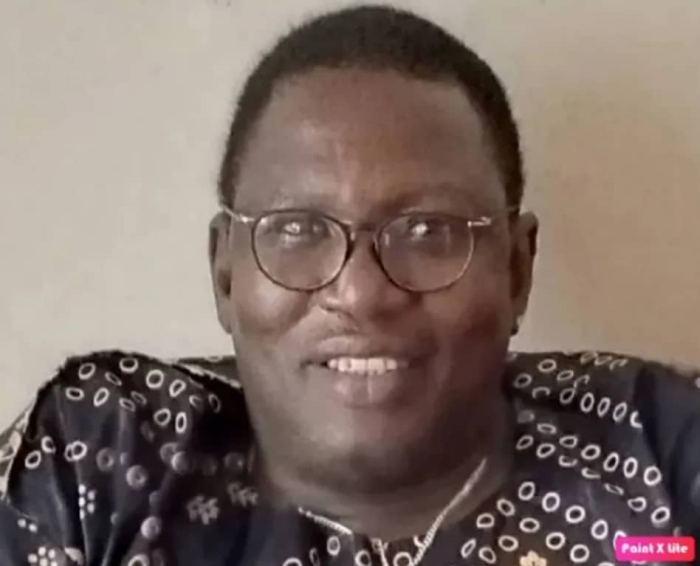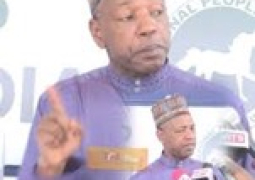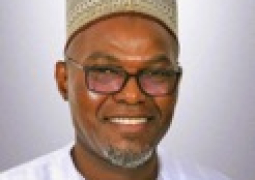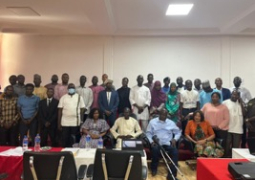
Speaking on behalf of the party, Sheikh Sadibu Jadama, the chairperson for Gambia For All party (GFA), Bakau branch, said GFA considers bribery and nepotism in government as an abuse of power.
Mr. Jadama pointed out that friendship and kinship networks, rather than direct monetary exchange, are important channels through which corrupt exchanges take place.
“The (GFA) as an excellent opposition political party also found out that perceptions of being found out in other words, risk factors played a big role,” he said.
“This is consistent with research findings from elsewhere showing that corruption is more likely to happen in environments where there is weak monitoring and the risk of detection is low.”
“We found that a person’s attachments to the state and to kinship groups mattered a great deal for their decision to resort to corruption. A strong attachment to the state made corrupt conduct less likely; a strong attachment to kinship groups made it more likely.”
What needs to be done?
According to GFA, anti-corruption efforts need to focus on improving the detection of corrupt transactions whether bribery or nepotism and cronyism as certainty of detection deters criminal conduct.
“Research evidence also shows perceptions of certainty increase people’s willingness to report corruption to the authorities.”
The party offers three distinct solutions. “First, the anti-corruption architecture could be redesigned to grant the police a pivotal role. The police have the capacity to build an extensive intelligence network across the country. They are present in every city and their intelligence networks can help detect efforts to hide wealth obtained through corruption. They also provide easy access for citizens to report corruption. But an anti-corruption role for the police requires improved training, better resources, and insulating them from partisan politics.”
“Second, invert the logic underpinning efforts to detect procurement corruption. Currently, it is presumed that procurement transactions are “clean” until evidence of corruption emerges. That needs to change to adopt the logic that underpins airport security screening: assume that every public procurement is corrupt until proven otherwise, and it should not proceed until it has gone through a transparent process of scrutiny. Proceedings of procurement boards, including reasons for decisions, should be video recorded and made public.”
Third, periodic integrity testing of officials can heighten the risk of detection. This can be “targeted” at specific officials for whom complaints about corruption do not appear sufficient for criminal prosecution. An example is what the undercover journalism Mr Mustapha Darboe has done so effectively. But integrity testing can also be “random” and aimed at potential offenders.”
“Anti-corruption interventions also need to be part of broader reforms to build the state’s legitimacy. Weak bonds with the state create a predatory relationship in which some citizens seek to exploit it for their individual and group interest In view Of the Above I strongly believe that no other Political party other than the GFA could tackle the syndrome deep rooted in our society as a norm.”





